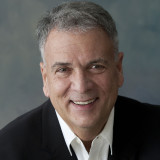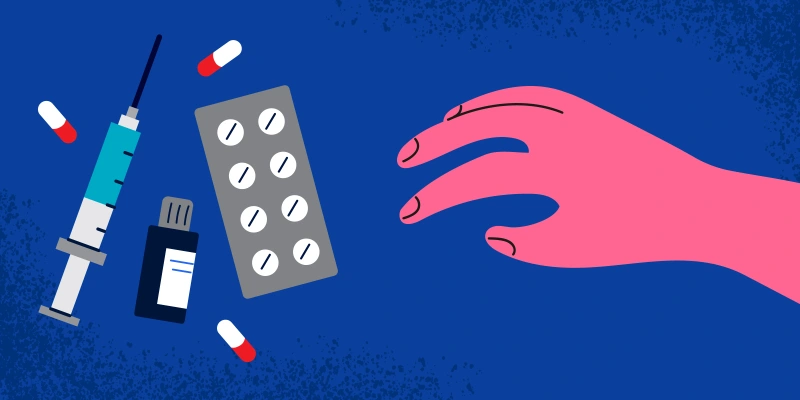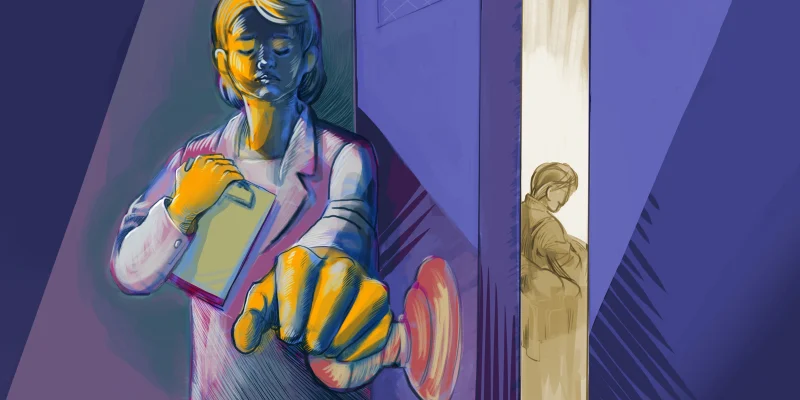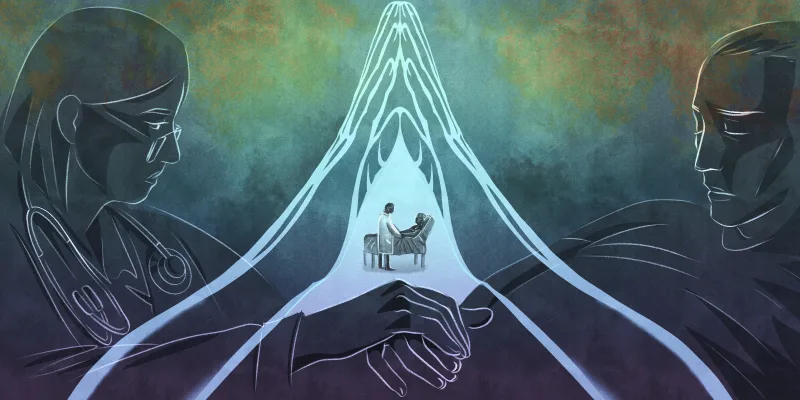When I was a medical student, sometime in the late Cretaceous Period, one of the first things of note I was allowed to do was just that: I got to write a note in a patient’s chart. I didn’t dictate it and it was eons before the term “copy and paste” entered the medical lexicon.
It was an unusual time. Clinicians carried many strange implements in the pockets of their short or long white coats back then. Some you might still glimpse — a tuning fork or a reflex hammer — but only if you’re a neurologist or are on a neurology service. Even the beloved stethoscope has given way to android phones, smart watches, and VR headsets.
But one of the even rarer artifacts spied these days is a writing instrument. It used to be called a pen before it came full circle and morphed back into being a stylus, all the better to write on touch screens or tap tap on miniscule keyboards. Those of us lower on the chain of trainees used the ubiquitous (and free!) industry ball-points while attendings chose pens the way they chose cars. A Montblanc was a Mercedes. A Cross was a Cadillac. Everything else was a Volkswagen or a Chevy Vega. But at some point, much like the way rubber eventually meets the road, the ink met the paper and we tattooed our mark into someone’s personal history.
Such written notes are hard to find today. As EMRs have faithfully followed the plot of “Rise of the Machines,” the vestiges of uniquely human-to-human care are disappearing one by one — like messages written with invisible ink.
This is a loss. Perhaps one of greater importance than we realize.
Handwritten letters have been replaced by emails, texts, and tweets — but these are merely substitutes for casual social conversations. Progress and clinic notes are something different. They’re not a conversation; they’re a story — a story of one person’s journey through illness to which we are witnesses as well as guides. Such a story deserves to be told carefully and thoughtfully.
Electronic notes accomplish neither.
Pull one up and take a close look. Most are about as readable and informative as the encyclopedic user’s manual that comes with your new cell phone. They certainly don’t lack for length — I’m sure the Health Care Accountants who run hospitals these days would love to find a way to bill by the character. But they’re hollow — parroting scripted phrases and forcibly including verbiage designed solely to maximize billing and satisfy coding audits. And, like the DNA in a rouge cancer cell, once an error is introduced in one, it tends to replicate exponentially, resulting in erroneous diagnoses and errant conclusions. And they lack another vital element: Nuance.
Human beings are the only species who can create a story, tell a story, repeat a story and — most importantly — write it down for other human beings to read. We’re also the only species who can analyze a story. I won’t belabor the point that modern notes are almost useless — what’s the greater loss is that crafting a cogent note is an exercise in critical thinking. The newly minted clinical clerk struggles to fit their bit of knowledge and their understandably vast ignorance into the SOAP format — subjective, objective, assessment, and plan — for a reason. They’re learning a skill — learning how the four elements interrelate. They’re learning how to place that vital information in a readable format and how to do it accurately and succinctly. In other words, they’re learning to cogitate like a doctor.
And there is something mystical about the thinking/writing nexus — the direct connection, the crackling intellectual current that flows unimpeded from brain to paper. Interpose a complex manual task such as keyboard entry or manipulating a peripheral device and, I believe, much is lost in the transfer. A significant cerebral step-down occurs, reducing the information to something between barely passable prose and pure digital drivel.
I was a hospital director of medical education for 20 years and so had a close look at how medical education is at once so much better now and, in small but important ways, so much worse. I once proposed a middle ground, suggesting that pink paper progress notes be placed in charts for medical students to write actual notes on. These notes could be reviewed and critiqued by senior house staff or a teaching attending. Their vivid color would allow them to be easily ID’d and removed when the chart was broken down or retired. I am going to make the bold statement that rarely is a med student’s digital note even glanced at. The hospital’s CMO, who lacked any real bona fides in medical education, summarily dismissed the idea as counter to the hospital corporation’s mandate to completely eliminate the physical chart in favor of the virtual.
And we call ourselves teachers.
True to my disruptive nature, I continued to write notes until the day I retired from practice. I found them to be not profound, but profoundly helpful. I could see what I was thinking and follow my train of thought by scanning my previous notes. It took less than a minute in most cases. More than once it was of high importance and great value. When I tried to see what my colleagues on the case were thinking, I often ran into a blizzard of bytes bordering on the incomprehensible. I could find no virtue in the virtual.
As doctors, we’re moving from being a profession of thinkers to being one of sentient looker-uppers and left-clickers, beholden to predetermined phrases and drop-down menus. The written note was a personal investment in the care of our patient — a uniquely human touch and sometimes the only one identifiable as such.
This isn’t a call to action. The ship has sailed. The last vestiges of humanity are being slowly but effectively drained from the practice of medicine.
I just wanted to make note of it.
Do you prefer written or digital notes? Why? Share in the comments.
Daniel J. Waters, DO, MA practiced cardiac surgery for thirty years and served as a Director of Medical Education for 20 before retiring in 2019. He is now a full-time author and novelist. Dr. Waters was a 2019-2020 Doximity Fellow and is a 2020–2021 Doximity Op-Med Fellow.






